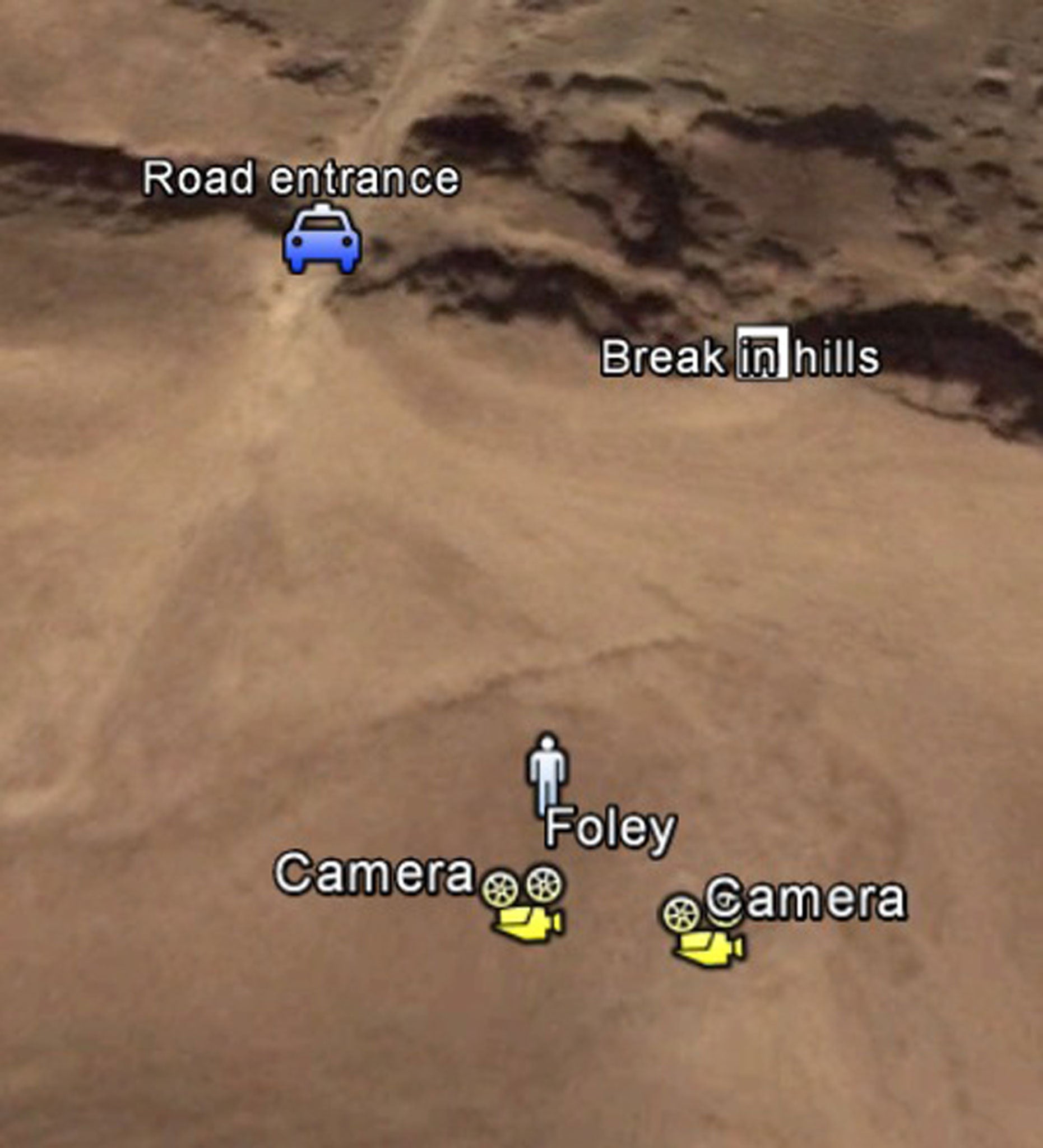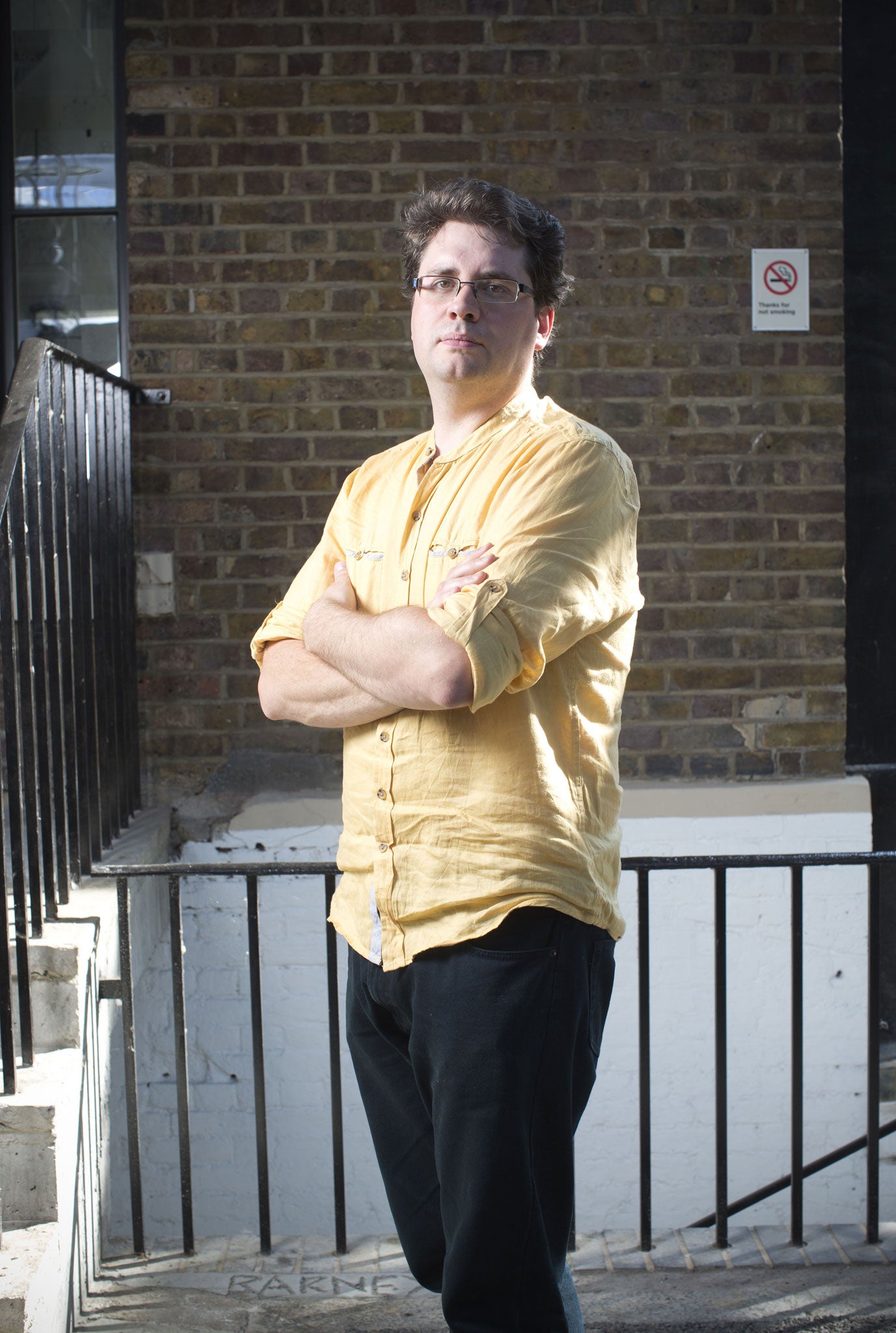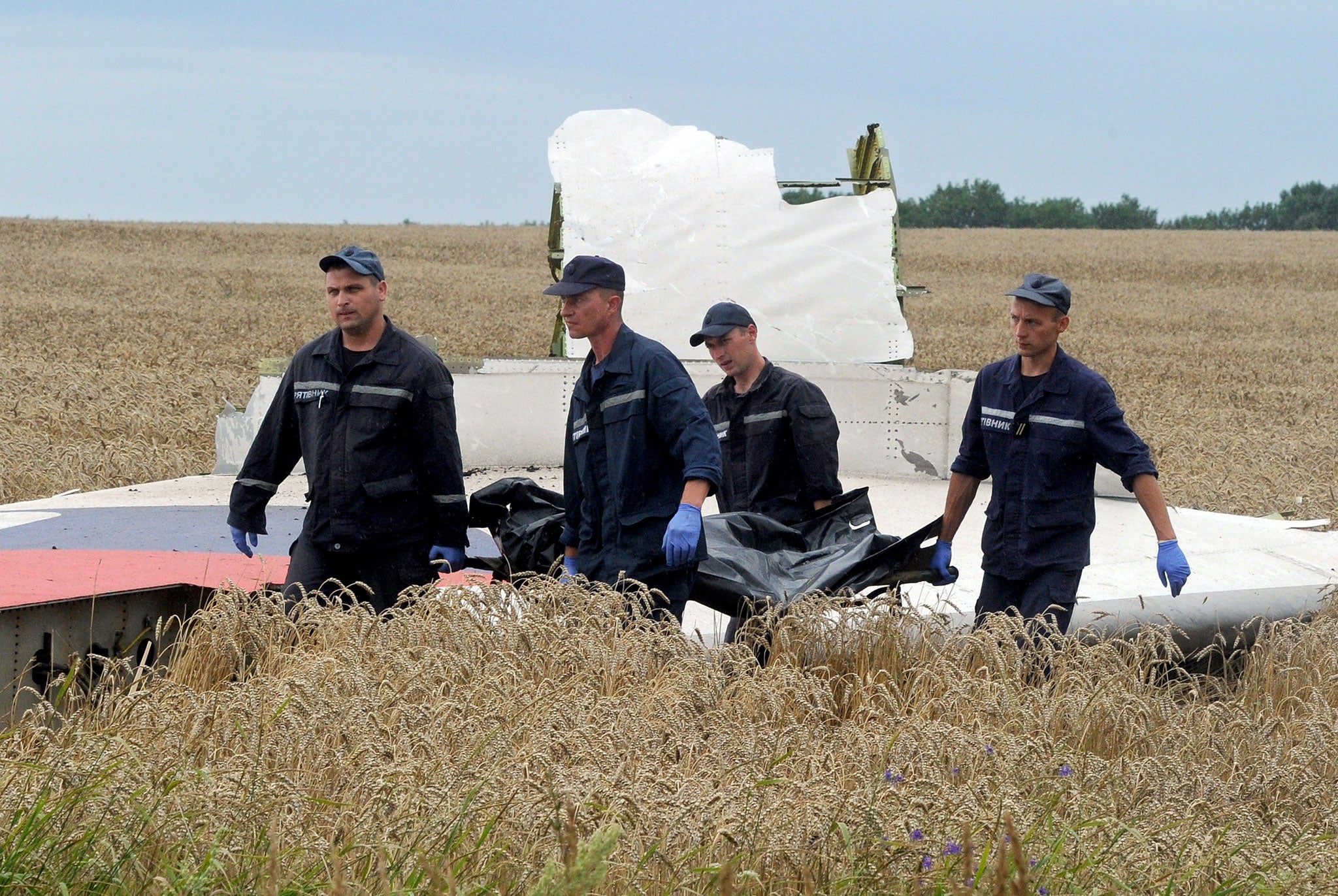With Isis, Assad and Putin exposed, who's next on citizen journalist Eliot Higgins' list?
Any of us can pause a YouTube video or find an old friend on Facebook. But only one man has used these simple online tools to expose the world's darkest secrets. No wonder everyone from the police to Google wants a piece of the blogger from Leicester
![Higgins says: 'You'd better be careful what you put out there because if I can find out about these [Russian] soldiers, I can sure as hell find out about you'](https://static.the-independent.com/s3fs-public/thumbnails/image/2015/01/16/21/v25784942.jpg)
In a bare white-walled box room at the very end of a corridor in a Leicester office block, Eliot Higgins is at his laptop, chuckling to himself as he shamelessly roots around in the social-media accounts of Russian soldiers. In the global information war, Vladimir Putin's propaganda chiefs have an unlikely nemesis.
From this bland office, the British investigative blogger – who took his online tag Brown Moses from a Frank Zappa track – has lately embarrassed Putin's regime with detailed photographs allegedly tracking the movements through Ukraine of a Russian missile launcher linked to the downing of Malaysian airliner MH17. The revelations by Higgins' new website Bellingcat, which publishes the work of an alliance of like-minded bloggers, are being considered by Dutch police investigating the crash.
In just three years, Higgins has established himself as one of the leading experts not just on MH17 but on the weaponry being deployed in the conflicts in Syria and Iraq – he has exposed the use of chemical weapons by the Assad regime, a hidden arms trail from Croatia to Syrian rebels, and the nonsense of American claims not to be inflicting civilian casualties with Tomahawk missile strikes in Syria.
Higgins was also able to pinpoint the site of the murder by Islamic State of the American journalist James Foley last August, using geo-location techniques he taught himself.
Not bad for a one-time payments officer at a women's underwear company.
His work, using freely available online information and an international network of fellow sleuths, has highlighted the shortcomings of intelligence services and the professional news media. It has also shone a light on the potential of "open-source" investigation – sifting through the vast amounts of data uploaded constantly on to sites such as YouTube, Twitter and, indeed, VK – the Russian equivalent of Facebook and a popular platform for young troops.
Watching Higgins as he scrolls through the online posts of an unwitting Russian soldier from the 53rd Anti-Aircraft Missile Brigade of the 32406 military unit, linked to the notorious missile launcher, it's hard to imagine him happier. He pulls up barrack-room snapshots and phone-camera images of the unit on field exercises.

"We can jump into their [social-media] accounts and try to find ones who have posted lots of photographs of the unit. They're always quite funny to look at. They give away so much information about their unit and don't even realise it. If we had time we could get a picture of every single person in that unit [last] summer," he says.
"What we do is look at his friends. It's all done manually," he adds, ticking the box on the search function, "and you go through every single profile where it looks like they are in military uniform. Here you go, straight away, we have a guy in uniform and those lapel badges are anti-aircraft and you know he is possibly going to be in the same unit."
It's testimony to the meticulous nature of Bellingcat's work that the Russians have failed to disprove the website's allegations. Higgins said he had a "good laugh" at the Russian rebuttal, which produced evidence claiming to show MH17 being shot down by a jet. The President of Estonia was among those retweeting Bellingcat's version of events.
Higgins, 35, started out as a blogger only three years ago, ditching his stuttering career in finance administration after losing his job at an organisation working with asylum seekers. He had just had his first baby and was distressed at online images of children dying in the Syrian conflict. "I saw stuff out there that was being ignored."
But it's misleading to ascribe Higgins's motivation to his work with refugees, which he insists was just another finance job. "I'm more interested in lingerie than asylum seekers," he laughs, referring to a previous employer. Neither, he insists, is his marriage to a Turkish migrant an indication of interest in the politics of the Muslim world. If his wife, Nuray, offers a signpost to what makes Higgins tick, it's that she met him on the internet chat service ICQ, which she was using to improve her English after she arrived in the UK. He was on the site because it was the communications tool for the internet game World of Warcraft, with which he had an obsession. "I come from internet communities," he says repeatedly, as if expressing his statehood.

It's here that you find Higgins' roots as an investigative blogger. He was a hardcore gamer with an "obsessional mindset", he says, a leader harnessing dozens of global players to pool resources. "People don't realise that when you are playing these games you are organising 40 people to turn up at the same time and fight these ridiculously complex battles."
Higgins' recent success has led to him being made the subject of an ongoing documentary. The film-makers have been "trying to work out where I came from", but with limited success: "A lot of the stuff I do just comes from being on the internet a lot."
He dropped the gaming when he got married, but has taken up investigating real weaponry because, "I had to find another obsession," and, "Now it's, like, my entire life." During the interview, Nuray phones to draw his attention to a picture of his three-week-old second child.
Will Bellingcat be able to sustain itself and grow? Higgins has just returned from a Google-hosted event in New York and is excited at the prospect of working more closely with the international Organised Crime and Corruption Reporting Project in exposing global money-laundering and "corporate stuff". Bellingcat's bloggers have teamed up with Hacks/Hackers (a collaboration of tech specialists and journalists) to probe similar areas.
"The hope is that we will start off in London and eventually [have] a network of investigators in lots of countries where all this money goes," he says. "Lots of money goes to Cyprus, so we want investigators on the ground who know the Cypriot court and financial system."

With the skills he has developed, you might think Higgins would be working for the Foreign Office or the intelligence services. After he uncovered the trail of Croatian arms to Syria, he was approached by a commercial intelligence organisation and – having experienced "scary" years supporting a young family on little money – was tempted to take a job. But when he broke the news on his Brown Moses Twitter account, his followers persuaded him to use crowd- funding to set up Bellingcat. More than £47,000 was raised. But still, there isn't much money to go round. Higgins runs Bellingcat full-time, but does not pay his bloggers – rather, they are paid in kind via access to his impressive network of contacts around the world.
Higgins, then, is not your conventional journalist. From beneath a mop of dark hair he peers through spectacles at his computer screen, which holds his attention during conversation. He often doesn't finish sentences, as if his mind is racing elsewhere. He wears a mauve rugby shirt, plain black trousers and sensible black shoes, an effortless geek chic. He did try to gain employment in the traditional news sector – ITN was one organisation he approached – but news rooms have yet to find a place for specialists with his skills: "People didn't know what to make of me."
Because he has come almost from nowhere, Higgins inevitably attracts suspicion online. "There are still plenty of people who say, 'Who is this mysterious Brown Moses and this Bellingcat? Who is funding him?'" His response is to be open about the real Eliot Higgins, retiring the Brown Moses Twitter moniker, and having a Wikipedia entry under his own name. But trolls have made that Wikipedia page, according to Higgins, "a huge source of vandalism" – his name was recently changed to "Elliott Piggins" by a jealous rival. "I'm more annoyed about him using two 'l's in Eliot," he says. "I've been using the internet since 1997 – it's not like I'm some delicate flower."
His attendance at Google events might surprise some of those perturbed by Edward Snowden's revelations of how Silicon Valley giants manage personal data, but Higgins, who makes great use of Google tools such as Google Earth, is unperturbed. "They are a corporation and I'm sure it would be very noble of me if I turned down all offers to work with all corporations, but then no one would know who the hell I was and my work wouldn't matter." As it is, he is showing how open data can be accessed and scrutinised for public good.

While he is clear about the commercial potential of his talents – "I want to make money out of it!" – his ambition for Bellingcat is as "a huge non-profit empire" funded by grants. He offered followers T-shirts and badges with the Bellingcat logo (an inverted question mark) – but only because he couldn't think of alternative rewards for his crowd-funders. Bellingcat will shun advertising, he says, because "I would have to write '11 Reasons why Isis are Bad' or '15 Cool Weapons from Syria'."
And he has no pretensions about becoming a frontline war correspondent. "I wouldn't know where to start if I was out somewhere like that," he says modestly. "I'm the kind of person who doesn't like missing a shower in the morning. I'd probably be very unhelpful and a big risk."
But the lack of reporters on the ground in Isis-controlled Syria and Iraq gives Higgins a unique opportunity. One of his latest projects, Syria Right Now, involves gathering social-media feeds from towns all over the country – including the Isis stronghold of Raqqa – to create a live map of Syria that can be searched by location and keyword. From early on he realised that his meticulous combing of the 500,000-plus videos uploaded in Syria by communities desperate to broadcast news of their plight meant "I was doing stuff that no one else was doing." What he was doing was slowing down footage to identify falling bombs and scour wreckage for shells and their identity markings.
On occasion he sounds almost messianic about his role. "I want to build a network of people who know open-source investigation techniques [so] we can start spreading these ideas to more and more people." The Bellingcat team that logged the progress of the Russian missile launcher included an American, a Russian, a Dutchman and a Finn. Whereas investigative journalists have traditionally been secretive, Higgins is happy to share facts with his cohorts and appeal to Twitter followers for expert help and verification.
He repeatedly returns to the theme of "education". He is working with King's College London's War Studies department, he gives lectures to British police and Arab journalists, and he would "really like" to go into schools and universities to pass his open-source skills to the so-called digitally native generation. "It's also a warning – you'd better be careful what you put out there because if I can find out about these [Russian] soldiers, I can sure as hell find out about you."
It would be wrong to cast Higgins as a fanatical "hacktivist", intent on bringing the establishment to its knees, however. He may be a left-leaning liberal by disposition, but he does, after all, work with Google and give lectures to police officers.

He gets many requests for internships but tells would-be protégés to hone their skills online and stay away from his office, which has only a couple of chairs and a cupboard containing a "box of staples". Besides the laptop, the only addition to his desk is a pile of magazines about chemical warfare – a prop to satisfy visiting camera crews. "If I start putting up pictures and posters, that's not a true representation of who I am," he says.
If Higgins is hopeful for future generations, he is exasperated by the lack of expertise among professionals. "The intelligence people are still hanging around jihadi forums waiting for details of the next 9/11, while all the jihadis are on Instagram taking selfies and sharing them with each other," he snorts. After his location of the Foley killing, journalists lazily phoned him up to ask for the scenes of subsequent beheadings. "I want people to learn how to do this for themselves because there is only one of me."
Higgins believes that the sluggishness of governments to respond to the vast amount of information uploaded to the internet each day offers an opportunity to discover all sorts of stories and facts which may have remained hidden. The question is whether a great army of investigative citizen journalists will follow his lead.
He maintains that his skills are nothing special: "I learnt this from scratch over two years by myself – I have no background in this." But, clearly, Higgins is not your average Joe. He knows this, I think, but insists that there are many others like him, especially in the world of gaming. "I've realised that this mindset exists in a lot of people and you can direct it from playing computer games to doing something like this," he says. "I want to exploit that obsessive tendency."
For more: bellingcat.com; twitter.com/eliothiggins
Join our commenting forum
Join thought-provoking conversations, follow other Independent readers and see their replies
Comments
Bookmark popover
Removed from bookmarks